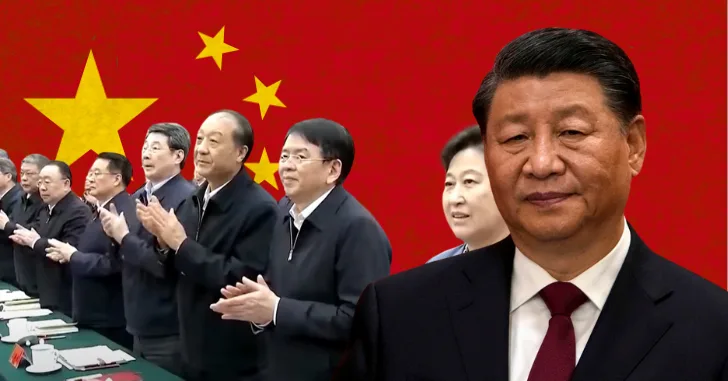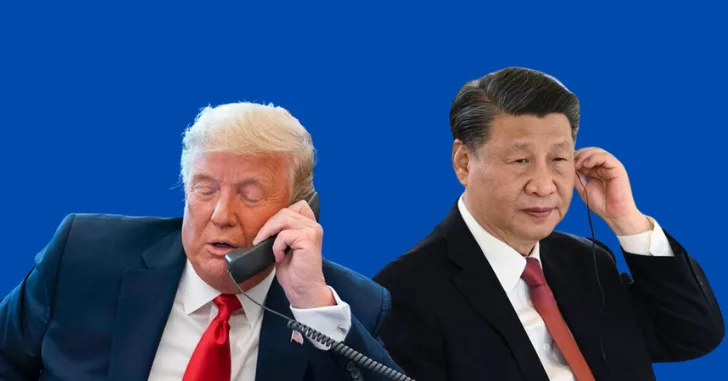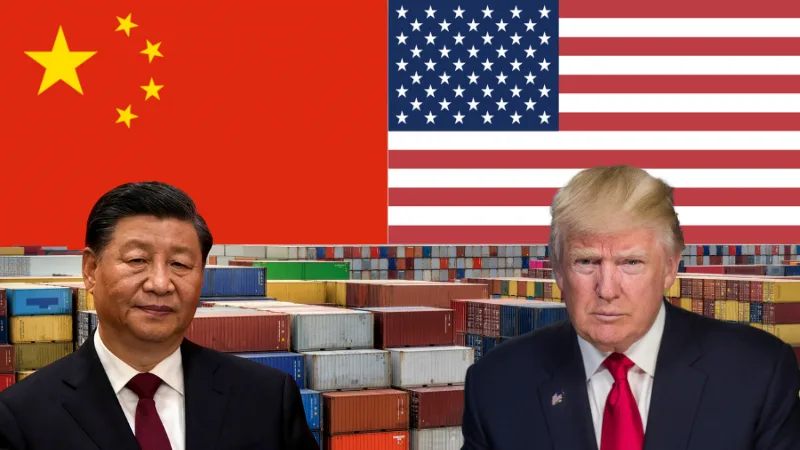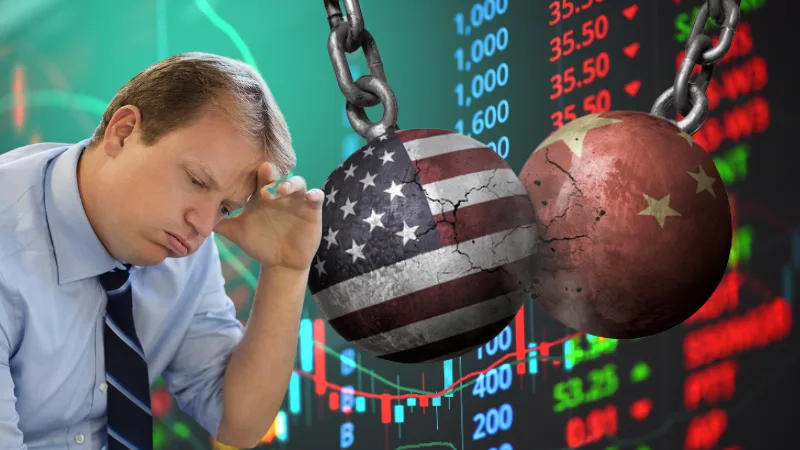Xi’s Call to China’s Business Leaders
In a striking display of power and economic strategy, Chinese President Xi Jinping recently convened a meeting with some of China’s most influential business leaders in Beijing. Among the attendees were Alibaba co-founder Jack Ma, Huawei’s Ren Zhengfei, and executives from leading tech and industrial giants like BYD, CATL, Tencent, and Xiaomi. The absence of certain figures—such as executives from ByteDance and Baidu—added another layer of intrigue.
While many expected this gathering to focus on how the government might bolster the private sector amid China’s economic slowdown, Xi delivered a different message. Instead of outlining how Beijing would support business leaders, he made it clear that the private sector must serve the interests of the state. In essence, he signaled that China’s business elites should not ask what the government can do for them, but rather what they can do for the government.
The Business Elite Called to Serve
The meeting’s guest list was carefully curated, reinforcing the idea that Beijing is selectively re-engaging with the private sector. Jack Ma’s presence was particularly symbolic—after years of regulatory crackdowns that forced him into relative obscurity, his reemergence in such a high-profile setting suggested a possible thaw in relations between Beijing and its once-maligned tech titans.
However, not everyone made the cut. ByteDance, the parent company of TikTok, and Baidu, one of China’s leading AI and search engine firms, were notably absent. Speculation swirled about whether this was a snub or a strategic decision by these companies to distance themselves from government scrutiny. Regardless of the reason, it underscored the delicate and often unpredictable relationship between China’s private sector and its ruling party.
Xi’s Message: Economic Growth as a National Duty
At the heart of Xi’s remarks was a clear directive: China’s entrepreneurs must align their ambitions with national priorities. He encouraged them to “show their talent” and contribute to the country’s economic stability and technological self-sufficiency. This rhetoric reflects a shift from the era when China’s private sector was given relative freedom to innovate and expand globally.
Now, Beijing is emphasizing state-guided capitalism, where business success is contingent upon serving the broader political and economic objectives of the Communist Party. Xi reassured attendees that the government would maintain “policy stability” and protect private enterprises, but his broader message was unmistakable—China’s economic future is a collective effort, and businesses must do their part.
The Shadow of State Control
This meeting is part of a long history of Beijing exerting control over the private sector when necessary. The government has repeatedly demonstrated its willingness to rein in powerful corporations when they stray too far from the Party’s agenda.
From the sudden halt of Ant Group’s IPO in 2020 to regulatory crackdowns on the tech and education sectors, Xi’s administration has shown that no business is too big to fall in line. The state has tightened its grip on data security, technology exports, and AI development, signaling that business leaders must operate within a framework dictated by national interests rather than pure market forces.
For entrepreneurs, the message is clear: long-term success in China hinges on loyalty to the Party’s vision.
Market Reactions and the Baidu Effect
The market reaction to the meeting was mixed. On one hand, Jack Ma’s return reassured some investors that Beijing might be softening its approach toward the tech sector. On the other, Baidu’s stock took a hit, losing $2.4 billion in market value after its executives failed to appear at the meeting.
This sharp decline raises important questions: Was Baidu deliberately excluded, or did the company decline an invitation to avoid regulatory scrutiny? And does this signal that certain sectors, such as AI, might be facing increased government intervention?
Foreign investors also remain wary. While Xi’s pledges of stability might seem like an olive branch, past crackdowns have eroded confidence. The concern now is whether China’s private sector will remain innovative and globally competitive if businesses must prioritize political loyalty over market-driven growth.
A New Era for China’s Private Sector?
Xi’s meeting with China’s business elites marks a defining moment in Beijing’s economic strategy. While the Communist Party is acknowledging the importance of the private sector, it is doing so on its own terms—demanding alignment with state goals rather than offering deregulation or market-driven reforms.
This raises critical questions: Can China maintain its status as a global innovation powerhouse if businesses are required to serve government interests first? Will foreign investment continue to flow into an environment where state intervention can shift at any moment?
Ultimately, Xi Jinping’s message was clear: in China’s evolving economic landscape, success is not just about financial performance, but about demonstrating loyalty and service to the nation. For business leaders, the challenge now is not just navigating market forces, but navigating the political currents shaping China’s future.





